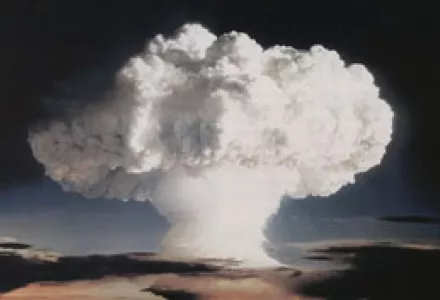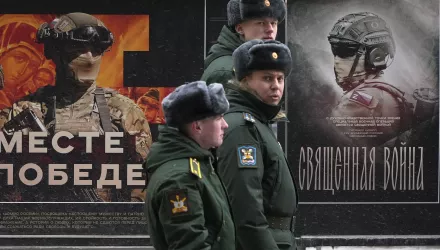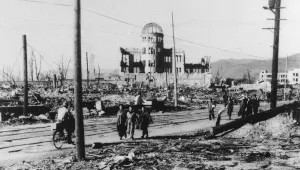Join us for a conversation with Amb. Tibor Tóth, Executive Secretary of the Comprehensive Nuclear Test Ban Treaty Organization on ""International security bubbles: Do they exist? Do they burst? A case study of the nuclear explosions in the early 1960s."
Since 2005, Ambassador Tibor Tóth has been the executive head of the Preparatory Commission for the Comprehensive Nuclear-Test-Ban Treaty Organization (CTBTO), an intergovernmental organization of 183 Member States. Tóth has 16 years of experience in nuclear test ban matters. As CTBTO Executive Secretary, he manages a staff of 300 and an annual budget of USD 120 million. CTBTO operates a global system of some 500 monitoring and communication facilities, representing a 1 billion dollar investment. The CTBTO was instrumental in detecting the 2006 and 2009 nuclear weapon tests by the DPRK and contributed to the early warning of the tsunami generated by the 2011 Great East Japan Earthquake and to the disaster management of the ensuing Fukushima nuclear accident.
Ambassador Tóth has an aggregated 40 years of leadership experience in nuclear, biological, chemical and conventional arms control, non-proliferation and disarmament. Tóth served as Ambassador and Permanent Representative to the United Nations Office in Geneva (1990–1993 and 2003–2005), Vienna (1997–2001) and The Hague (1993). He represented Hungary at the Conference on Disarmament (CD), the Preparatory Commission of the Organization for the Prohibition of Chemical Weapons (OPCW), the International Atomic Energy Agency (IAEA) and the CTBTO. Since 1986, Tóth has participated in all sessions of the UN General Assembly and its First Committee in New York. Tóth served as Deputy State Secretary of Defense responsible for international affairs (1994–1996).
For half a decade (1986-1990) he was also in charge of Hungary’s conventional force reduction and confidence building measures policy, personally contributing to the concept of national limits reflected in the CFE Treaty. As Deputy State Secretary he put in place enhanced confidence and security building measures with Romania and Slovakia. Tóth initiated in 1989 the joint organization by Canada and Hungary of the Open Skies Conference, leading later to the Open Skies Treaty and the two countries becoming its depositaries. Tóth set in motion Hungary’s voluntary renunciation of anti-personnel landmines in 1997, the second unilateral ban legislation worldwide prior to the Ottawa Convention.



